Why the Traditional Model of Education Isn’t Working for Our Kids
Let’s face it: schools, as they are today, don’t treat kids like kids. They’re more like tiny adults being trained for a future of cubicles and conference calls, and that’s not what childhood is supposed to be about, right?
Kids naturally want to move, explore, and ask a million “why” questions, yet the traditional school system expects them to sit still for hours on end, filling out worksheets and adhering to strict schedules. Sound familiar? It’s almost as if the system is less about learning and more about preparing them for office life. And that’s not just us talking—it’s science.
A study by the American Psychological Association showed that children experience higher levels of stress during the school year than adults. Let that sink in: higher stress than adults. So not only are we forcing our kids into an environment that squashes their curiosity, but we’re also stressing them out to levels that surpass our own.
The Problem with Testing and Grades
One of the biggest stress culprits is the obsession with testing and grades. It seems like every school is laser-focused on getting kids to ace tests, often at the expense of actual learning. This shift towards “teaching to the test” means children are less likely to truly understand and engage with what they’re learning. Instead, they’re memorizing facts just long enough to regurgitate them on exam day.
But here’s the kicker—grades and exams are really only good at measuring one kind of intelligence: the ability to memorize facts quickly and under pressure. It says nothing about other equally important forms of intelligence, like emotional intelligence, creativity, or problem-solving skills. And let’s be honest, how often do adults actually need to remember obscure facts under a time crunch? (When was the last time anyone asked you to name all the capitals of the world in under 30 seconds?)
By focusing so heavily on standardized testing, we’re diminishing the broader concept of learning. We’re telling kids that their worth can be reduced to a letter on a piece of paper and ignoring the unique talents and abilities that each child brings to the table. Kids who don’t fit the academic mold are often labeled as “slow” or “deficient,” when in reality, they’re just developing at their own pace—or excelling in areas that schools don’t value as much.
Assembly-Line Education: One Size Does Not Fit All
Traditional schools have become a sort of assembly line for education. Every child is expected to move through the same curriculum at the same speed. It doesn’t matter if one child is an artistic genius while another is a budding engineer—both are fed the same diet of facts, figures, and worksheets.
This one-size-fits-all approach not only stifles creativity but also disregards the fact that every child is different. They learn at different speeds, have different interests, and excel in different areas. Yet the system continues to value the curriculum over the child. The result? Standardized products at the end of the assembly line, rather than well-rounded, emotionally and intellectually balanced individuals.
As a parent, it’s hard to ignore the growing number of children who feel disengaged, unmotivated, or even anxious about school. And it’s not just a problem in one country—parents worldwide are beginning to ask whether the traditional education system is really serving their children’s best interests. Which brings us to an alternative that more and more parents are considering: homeschooling.
Homeschooling: On the Rise for Good Reason
When you think of homeschooling, what comes to mind? Maybe ultra-conservative religious families, or perhaps a bunch of free-spirited nomads driving around in a VW bus, educating their kids between hiking trips? Sure, those stereotypes exist, but they’re just that—stereotypes.
Today, the face of homeschooling has changed dramatically. The average homeschooling family looks, well, a lot like yours. They aren’t trying to shield their kids from the world, nor are they bent on indoctrinating them with any specific ideology. In fact, many homeschooling families cover the same core subjects as traditional schools, and plenty of homeschooled kids are college-bound just like their peers.
Homeschooling has grown from a fringe movement into a legitimate educational choice for families across the world.
In the United States alone, a 2016 report from the U.S. Department of Education estimated that 1.69 million children—around 3.3% of all school-age kids—were being homeschooled.
And that number has only increased since then, especially with the rise of online learning tools and customizable curricula.
Across the pond in the UK, homeschooling is experiencing a surge of its own. The BBC reported a 40% increase in the number of homeschooled children in the last three years. That’s a significant shift, and it tells us one thing: parents are starting to question whether the traditional school system is the best option for their kids.
Why the Shift?
The traditional school model has been the go-to for so long because, quite frankly, we don’t really question it. It’s what most of us went through, what our parents went through, and what their parents went through. It’s like the old story of the Christmas ham.
A child watches her mom trim the end off the ham before cooking it and asks why. The mom replies, “That’s how my mom taught me to cook it.” The child, unsatisfied, asks the grandmother, who says the same thing. Finally, they ask the great-grandmother, who replies, “Oh, I cut the end off because my pan was too small!”
For generations, we’ve been trimming the “ham” of education without asking why—just because that’s how it’s always been done. But the rise in homeschooling suggests that more and more parents are beginning to look at their cramped, traditional pans and realize there’s another way.
They’re recognizing that the traditional school system, with its rigid schedules, high-stress testing, and cookie-cutter approach to learning, might not be the best fit for every child. And they’re finding in homeschooling a more flexible, individualized way to educate their kids—one that treats them as, well, kids.
A Change is Coming
Homeschooling isn’t just for religious extremists or off-the-grid families anymore. It’s becoming a mainstream option for parents who want to provide a more personalized and less stressful education for their children. As the traditional school system starts to feel more like an outdated relic, more parents are choosing to take education into their own hands.
And this is just the beginning. In the next few articles, we’ll dive deeper into how homeschooling can break the chains of the assembly-line education model and truly liberate your child’s potential. Stay tuned!

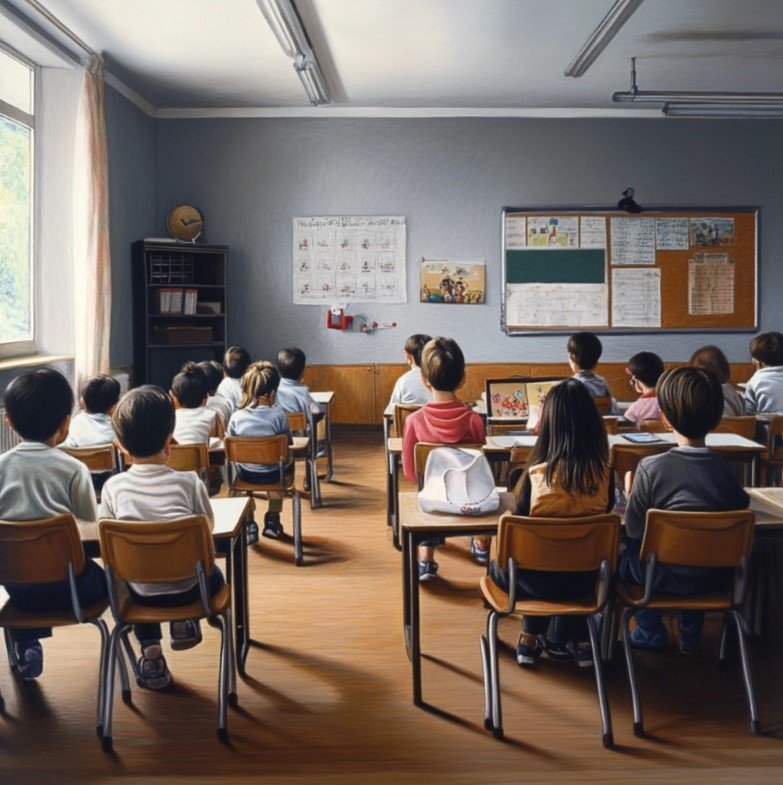

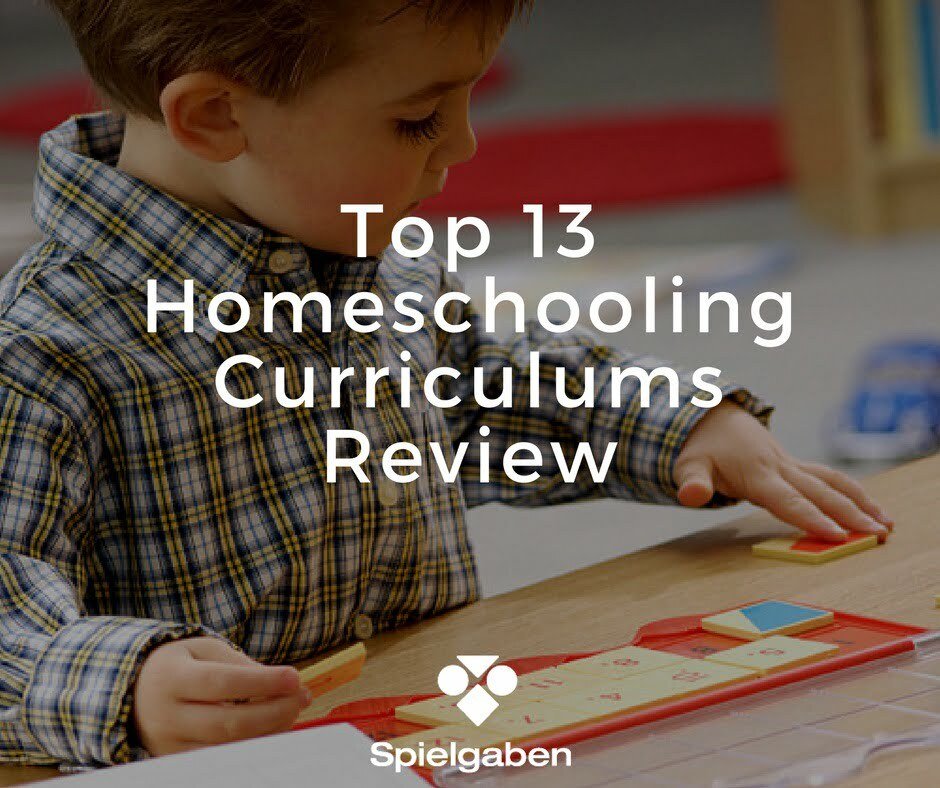





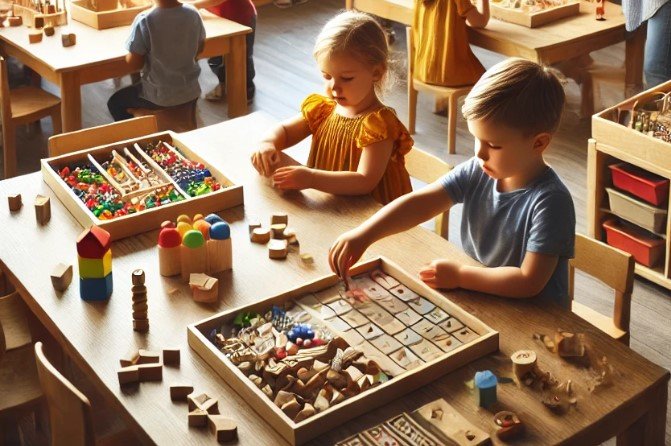
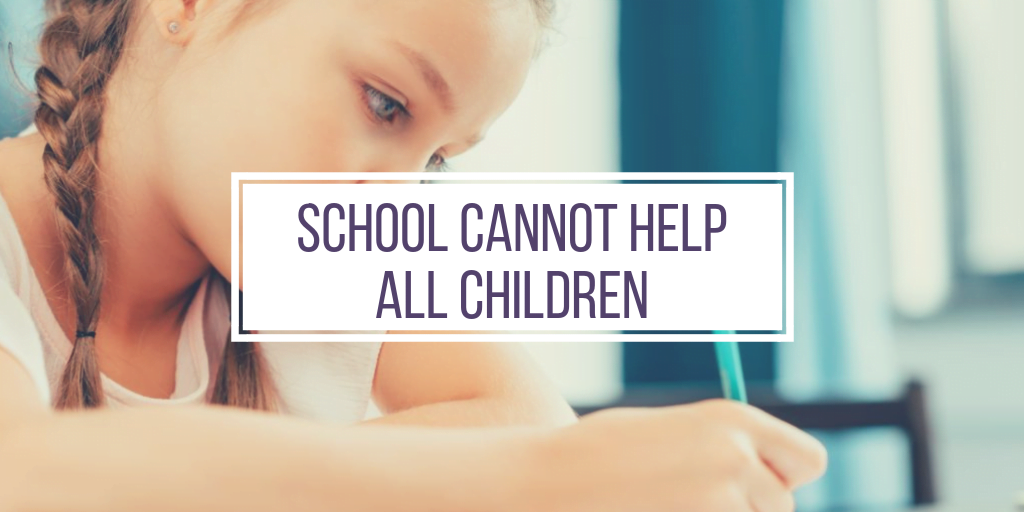
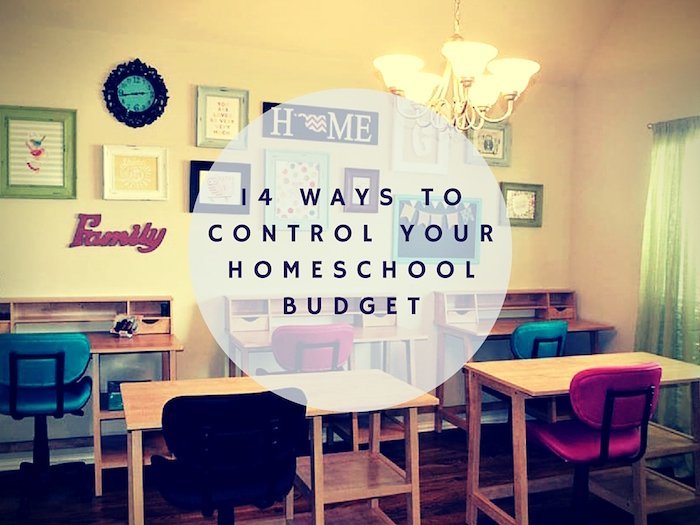

LEAVE A COMMENT